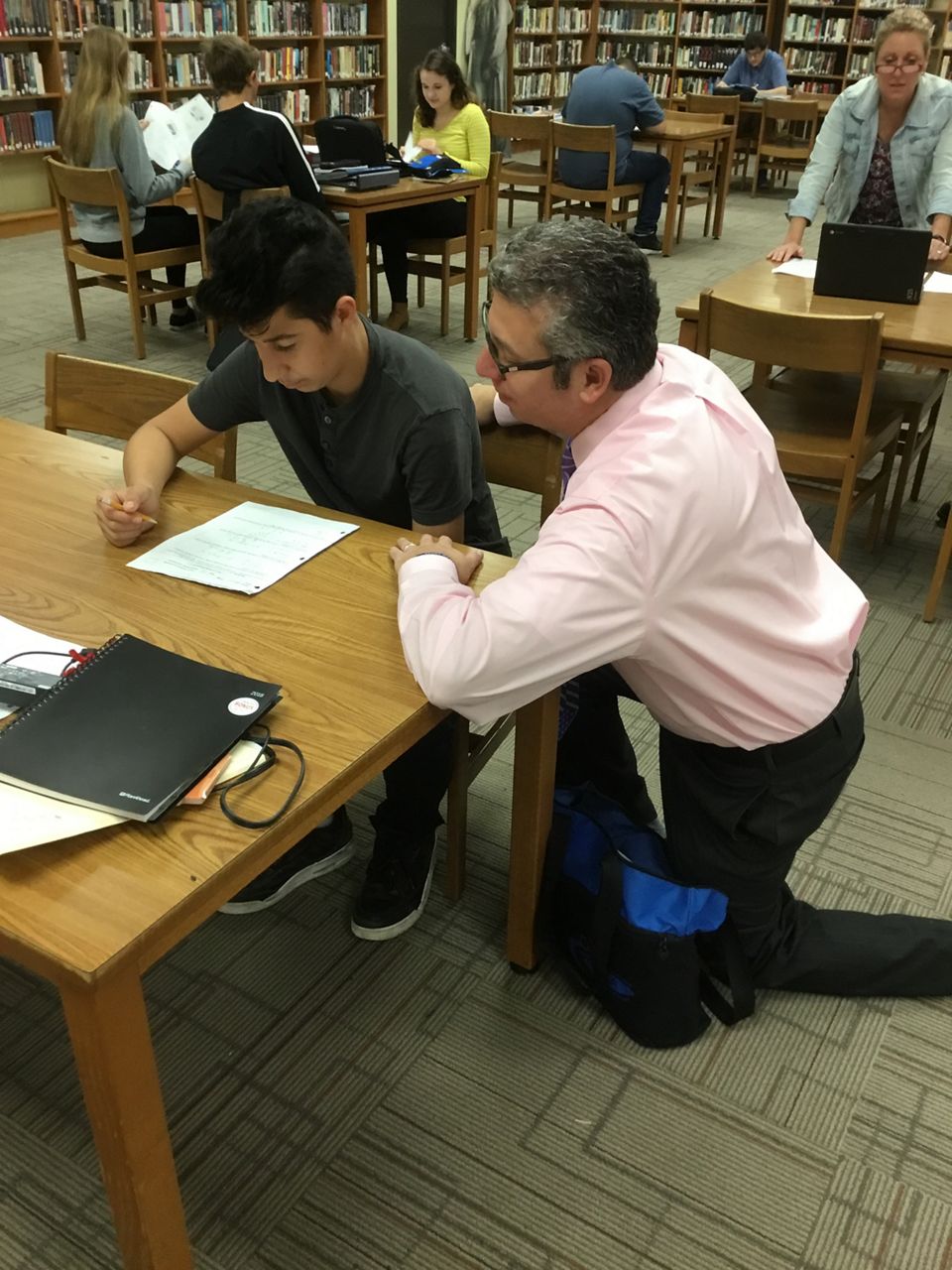OHIO — As districts across the state struggle with retaining teachers, a recent survey shows more than 72% of K-12 teachers across the state are considering leaving their job.
Dan Greenberg is an English teacher at Sylvania Southview High School in Northwest Ohio. It’s a career he started 26 years ago.
“I’ve always worked with children,” said Greenberg. “I was a camp counselor growing up and I just always enjoyed working with kids, especially the kids in the teenage years. So it’s just really something that was a natural place for me to find myself.”
But as much as he enjoys being an educator, he admits the job comes with its set of challenges. The emphasis on standardized testing is one of them.
“It’s put a lot of extra, unneeded anxiety on students, on teachers and in a lot of respects it’s taken away some of that joy of teaching and learning,” he said.

That’s why he’s been advocating outside the classroom for minimizing the testing and helping students who need the extra help.
“I know that some students don’t perform as well as they would like or as I would like, but I’m not going to let that deter what I love to do every day,” he said.
Standardized testing isn’t just an issue for Greenberg. It was one of six main factors that the Ohio Federation of Teachers found were reasons teachers are deciding to leave the industry. The number one reason is student behavior.
“This is something where we want to bring parents to the table also and talk about and what do we want our classrooms to look like,” said Melissa Cropper, president of the Ohio Federation of Teachers. “What kind of environment do we want to have for our children to learn in and then what are we willing to do to make that happen?”
Cropper believes more support from mental health specialists and counselors will help resolve that issue. She and her team are relying on more feedback from teachers to help figure out what can be done to keep educators in the field.
“Then we’ll put together a working group to really nail down what are some actions and what are some solutions and then we’ll be putting together a proactive agenda for what we can’t to do in the coming year,” she said.
Despite the current challenges, Greenberg said he’s sticking it out and is optimistic that things will change for the better.
“To be able to look back at the relationships that have been created throughout the school year and the way that I know I’ve impacted kids in a positive way, that’s what keeps me going and keeps me coming back day after day, year after year,” he said.



